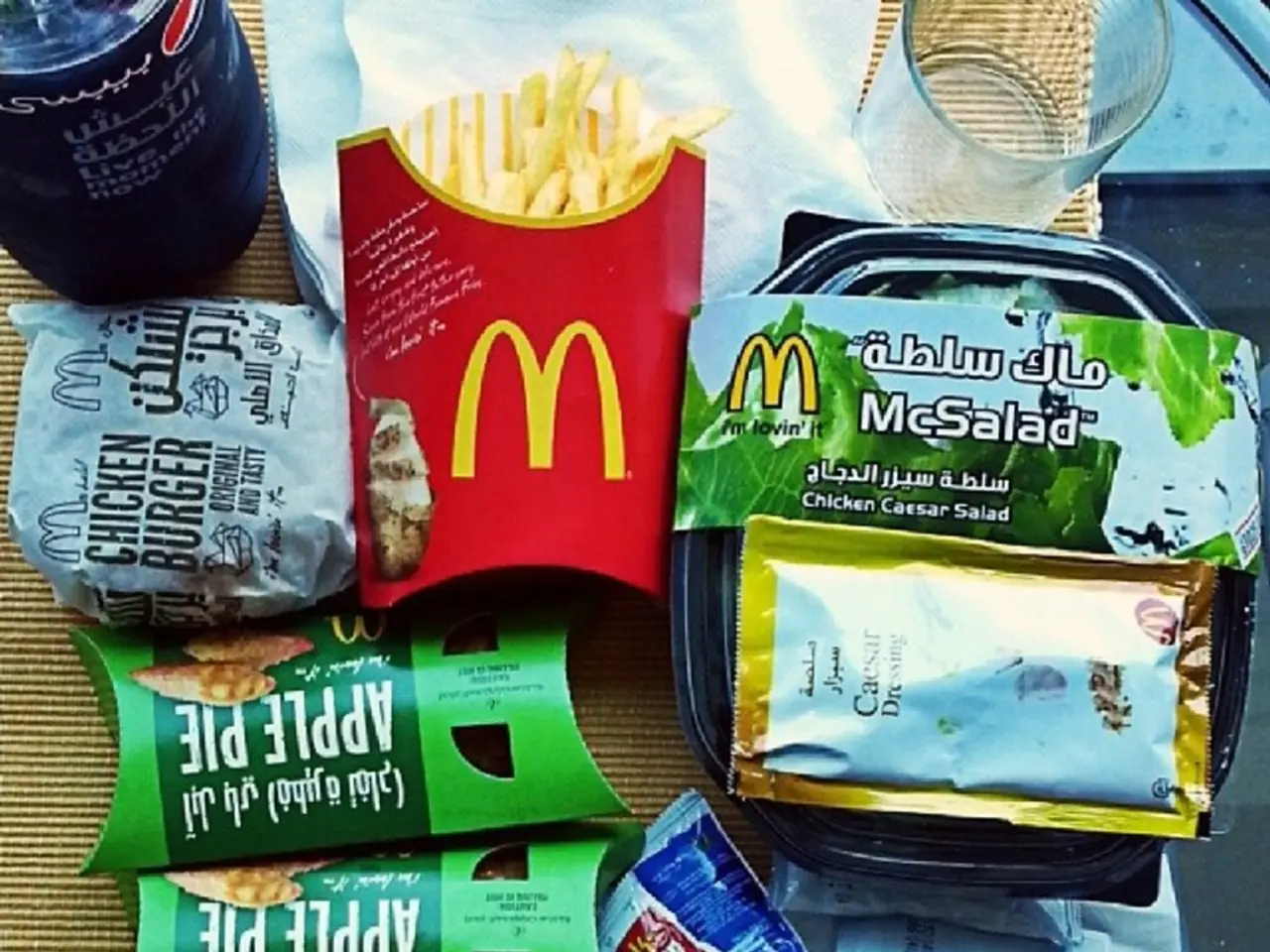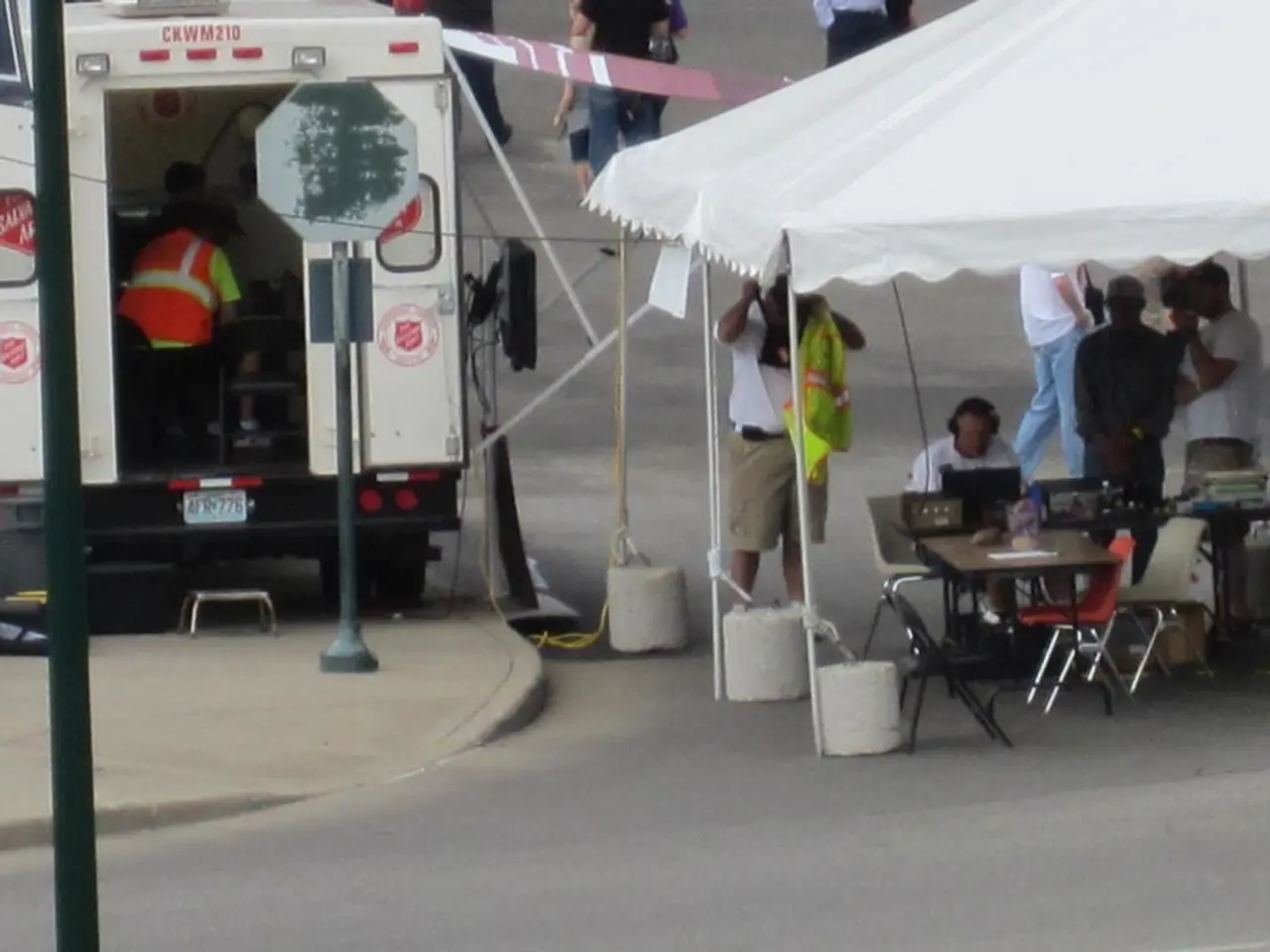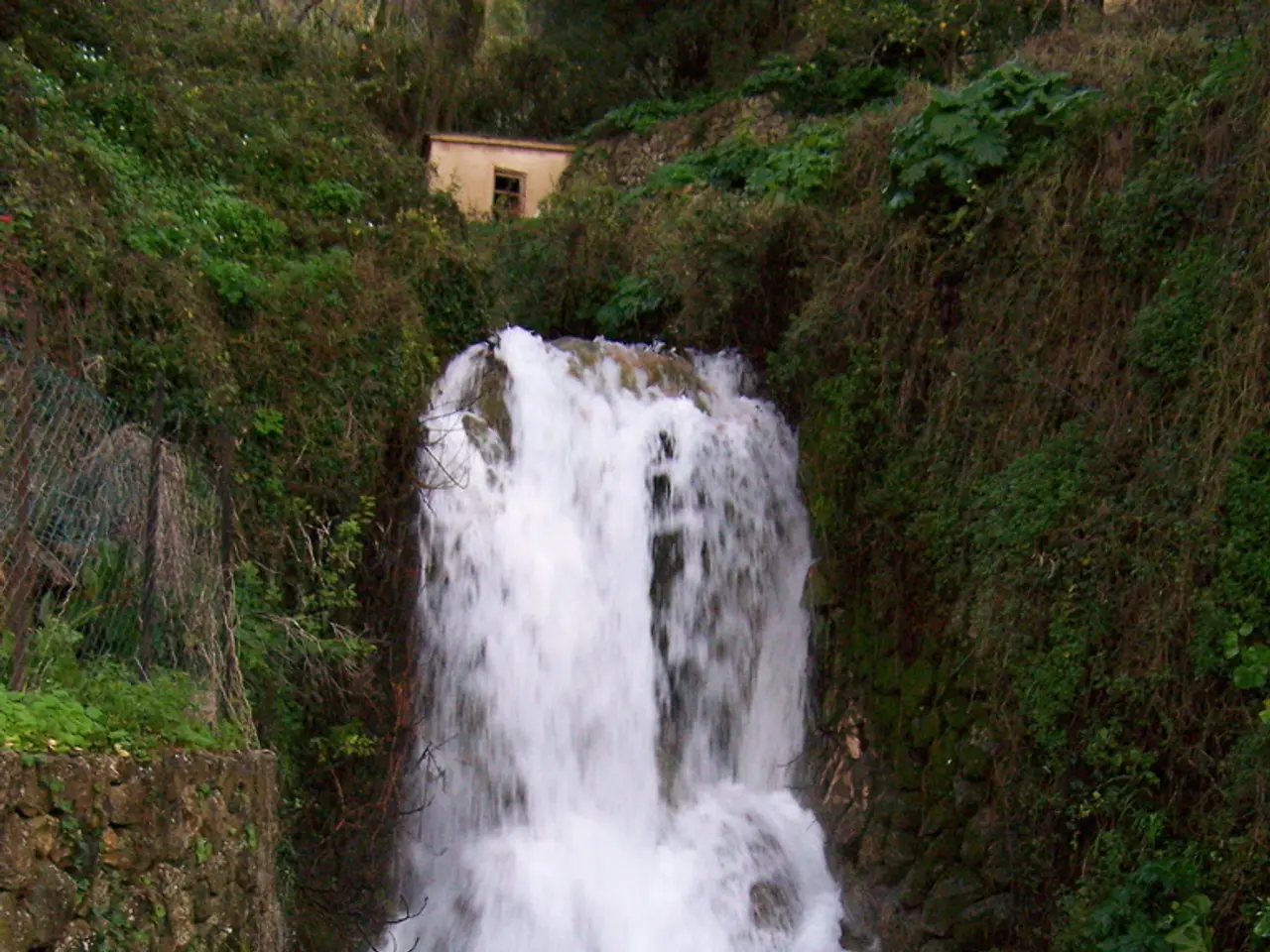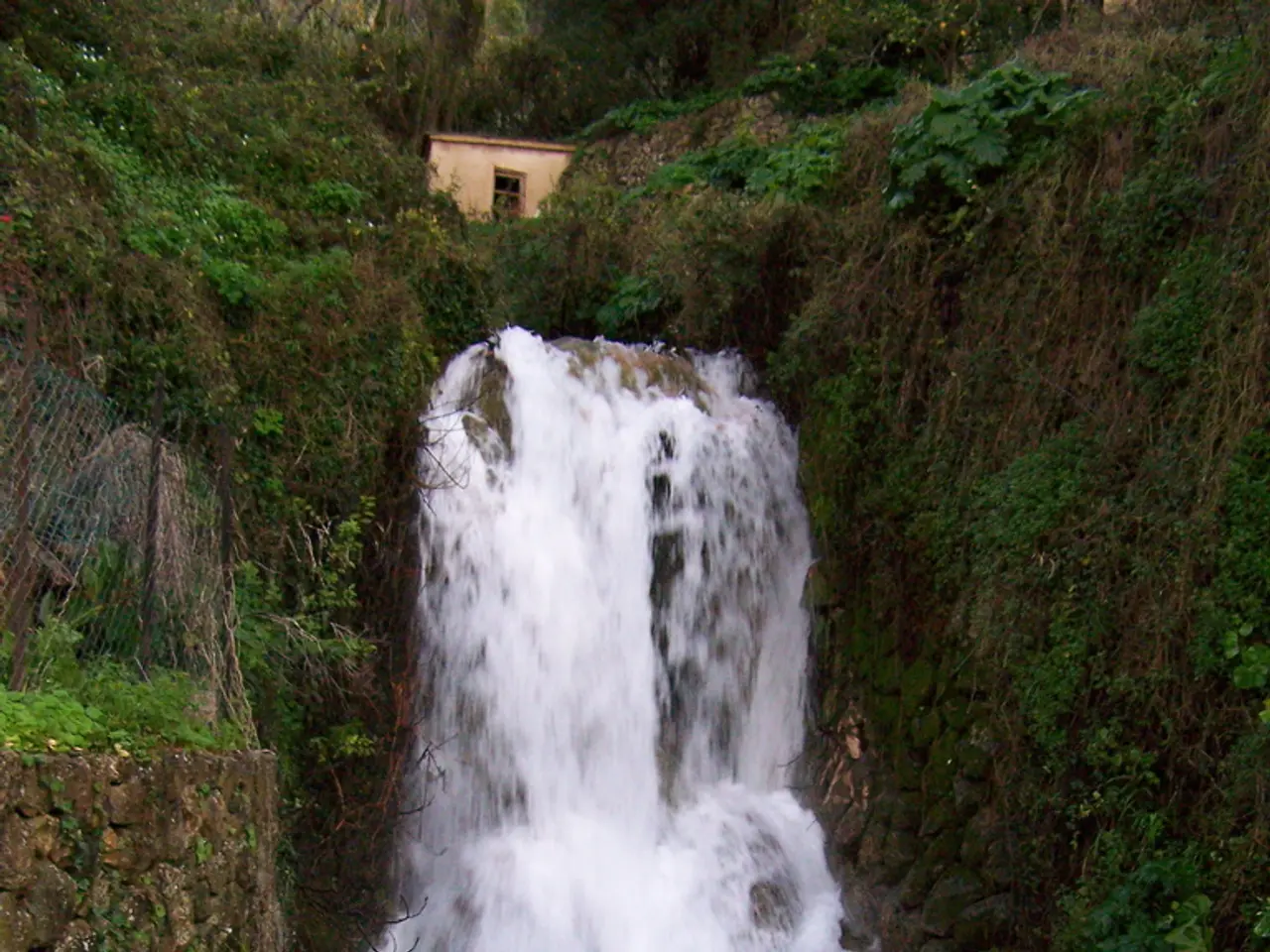United Kingdom reconvenes diplomatic ties with Syria as Foreign Secretary pays first official visit in 14 years.
In a significant move, the Foreign Secretary of the United Kingdom, David Lammy, made a historic visit to Syria last week, marking the first ministerial visit in 14 years. This visit follows the re-establishment of diplomatic relations between the two countries in July 2025, signifying a new chapter in the relationship between the UK and the newly established Syrian government led by Ahmed al-Sharaa.
The visit was marked by a multifaceted approach aimed at fostering a stable and prosperous Syria. The UK government has pledged its support for an inclusive and representative political transition in Syria, emphasising the importance of this process for ensuring stability and justice, particularly for victims of the previous Assad regime.
Financial commitments were also made during the visit. The UK has pledged new funding, including an extra $129 million, to provide urgent humanitarian assistance and support the reconstruction of Syria’s economy. This financial support extends to countries hosting Syrian refugees. Furthermore, the UK has committed an additional £2 million this financial year to the Organisation for the Prohibition of Chemical Weapons (OPCW) to support their work addressing the legacy of Assad's chemical weapons in Syria.
The UK has already provided £837,300 to the OPCW Syria Missions to support their work in ensuring the safe and rapid destruction of Syria's chemical weapons. The UK's efforts also extend to the removal of Assad-era chemical weapons stockpiles, addressing international security concerns and Syria’s compliance with disarmament obligations.
In addition to these commitments, the Foreign Secretary met with Syrian Civil Defence volunteers (White Helmets) to learn about their work. Over the past two years, the UK has provided more than £5 million to the White Helmets for their emergency services.
The UK's renewed engagement aims to strengthen security in the Middle East and the UK by reducing the risk of irregular migration and preventing the resurgence of terrorism, including threats from groups like Daesh (ISIS). Supporting a stable Syria is seen as critical to these goals and is aligned with the UK government’s "Plan for Change".
During the visit, the Foreign Secretary also met with Syria’s interim president Ahmed al-Sharaa and Foreign Minister Asaad al-Shaibani to discuss bilateral ties, regional developments, and cooperation for Syria’s future stability.
Looking ahead, the Foreign Secretary will travel to Kuwait to discuss strengthening regional security, boosting bilateral relations, and advocating for UK business opportunities. A new partnership with Kuwait will also be announced to tackle the humanitarian crisis in Sudan, providing nutrition support and restoring clean drinking water supplies.
The UK's renewed diplomatic relationship with Syria is part of a broader commitment to supporting the Syrian people. Since 2011, the UK has provided £4.5 billion of assistance to Syria and countries in the region. The UK has also offered continued support to the Syrian people, with an additional £94.5 million package announced for urgent humanitarian aid, Syria's recovery, and education and livelihoods support.
The Foreign Secretary's visit to Syria and the subsequent commitments made by the UK government underscore the importance of a stable Syria for both the region and the UK itself. A stable Syria would help ensure the endurance of Daesh's territorial defeat, prevent vulnerable Syrians from being exploited by people smuggling gangs, reduce the risk of irregular migration, ensure the destruction of chemical weapons, tackle the threat of terrorism, and deliver the Government's Plan for Change.
Media enquiries can be directed to the FCDO Newsdesk.
The UK government has pledged its support for an inclusive and representative political transition in Syria, aligning with a new chapter in the relationship between the UK and the newly established Syrian government.
Financial commitments were also made during the visit, with the UK pledging new funding for humanitarian assistance and the reconstruction of Syria’s economy, and an additional £2 million this year to the Organisation for the Prohibition of Chemical Weapons to address the legacy of Assad's chemical weapons in Syria.





